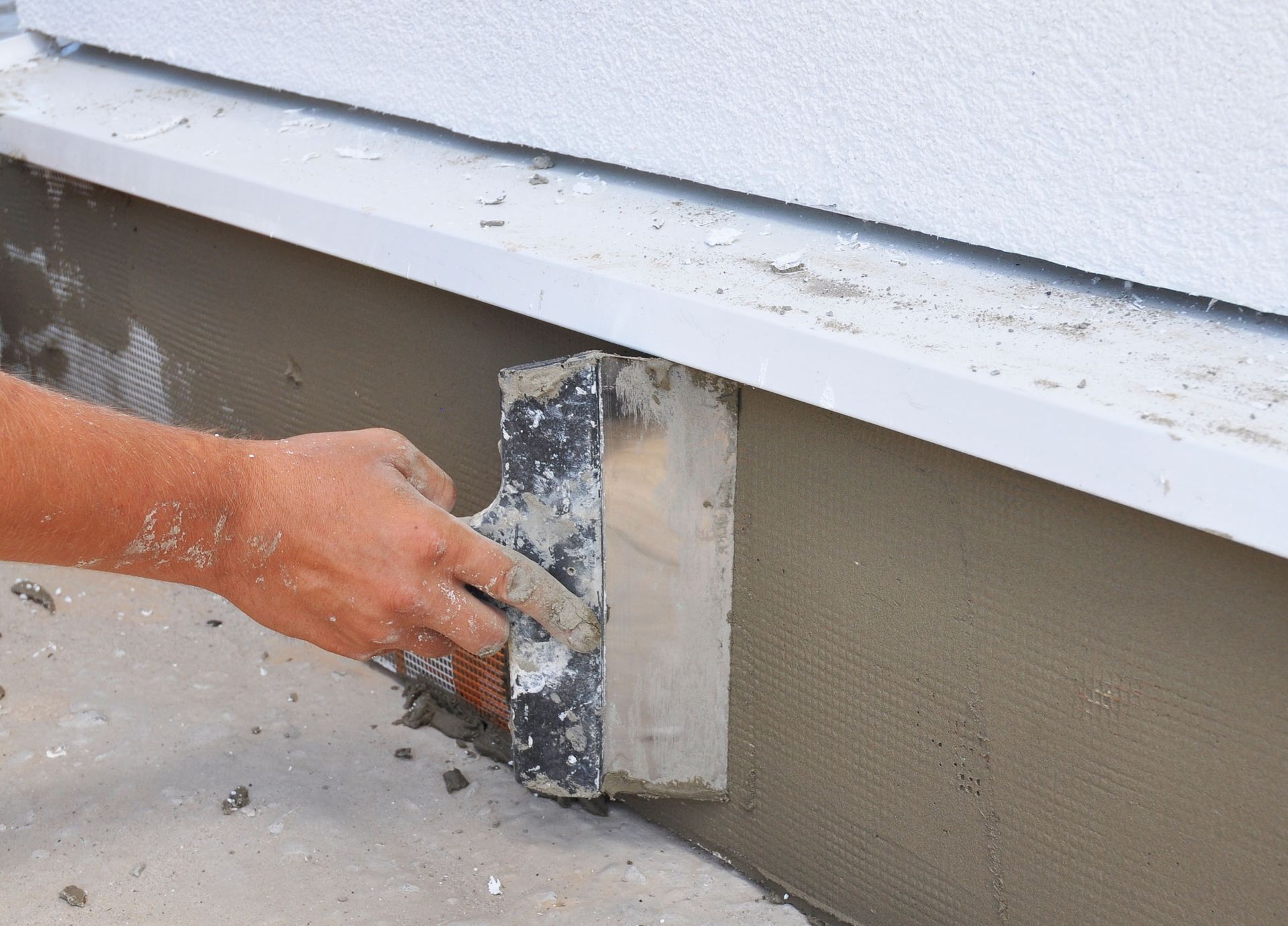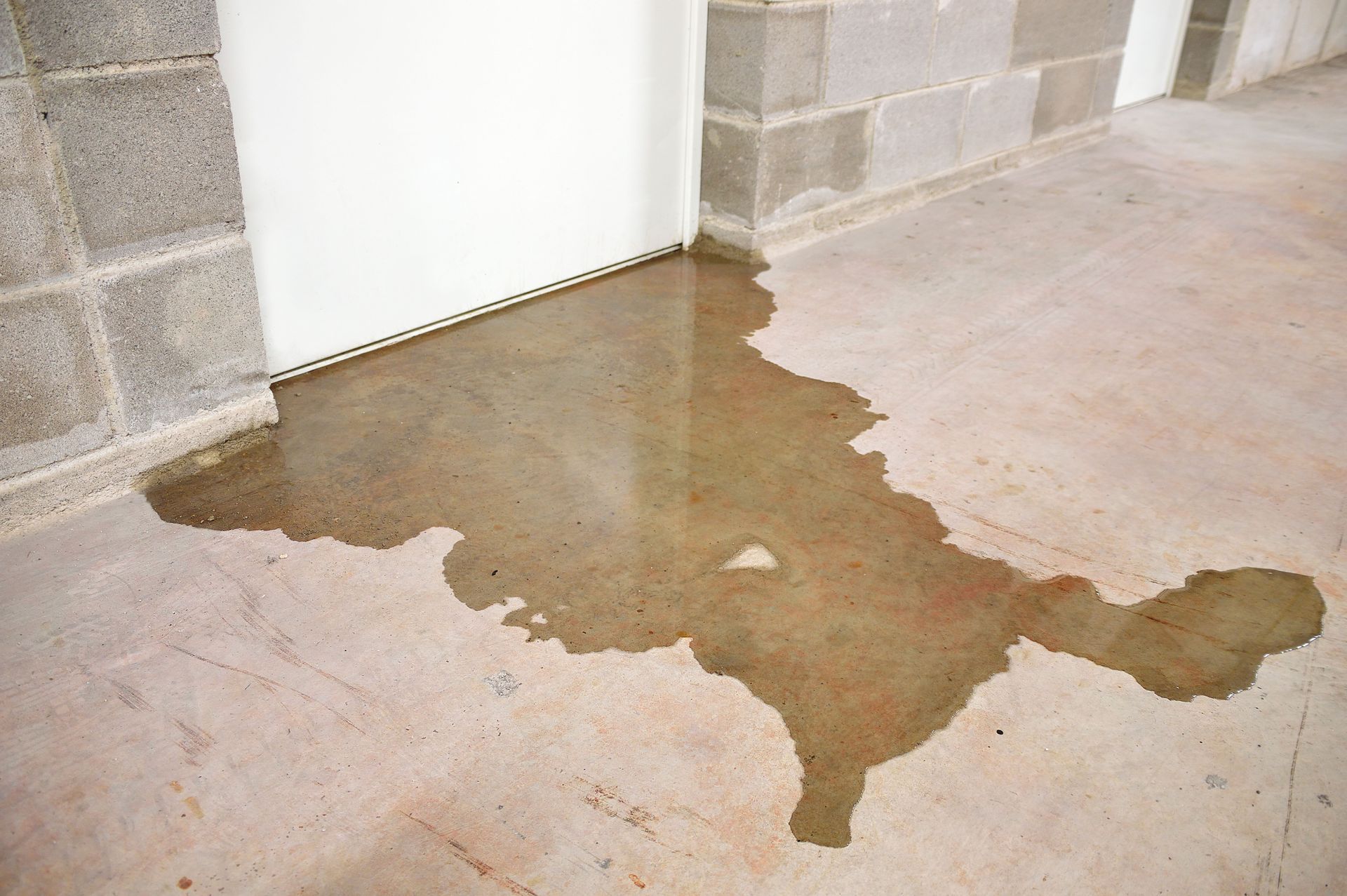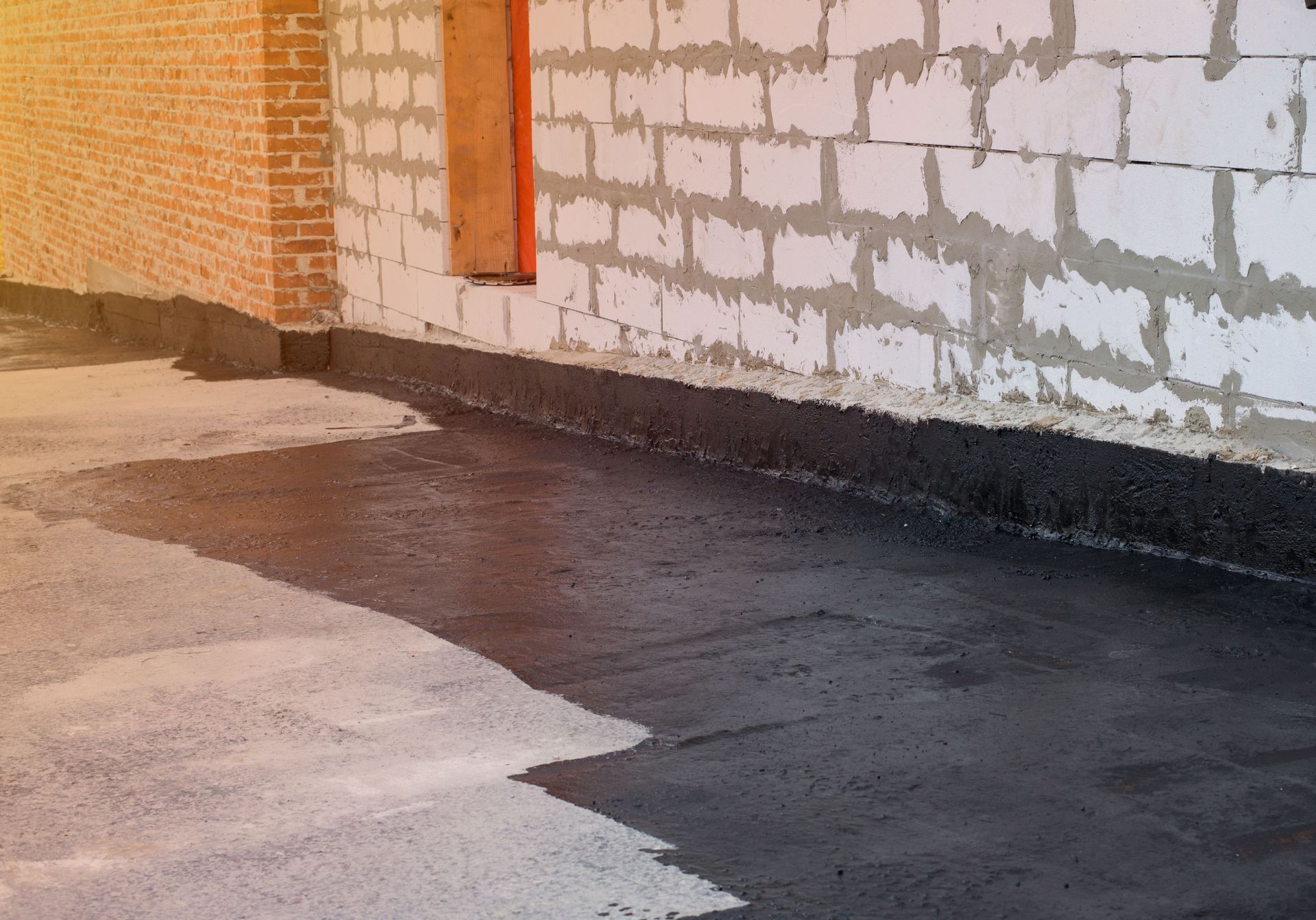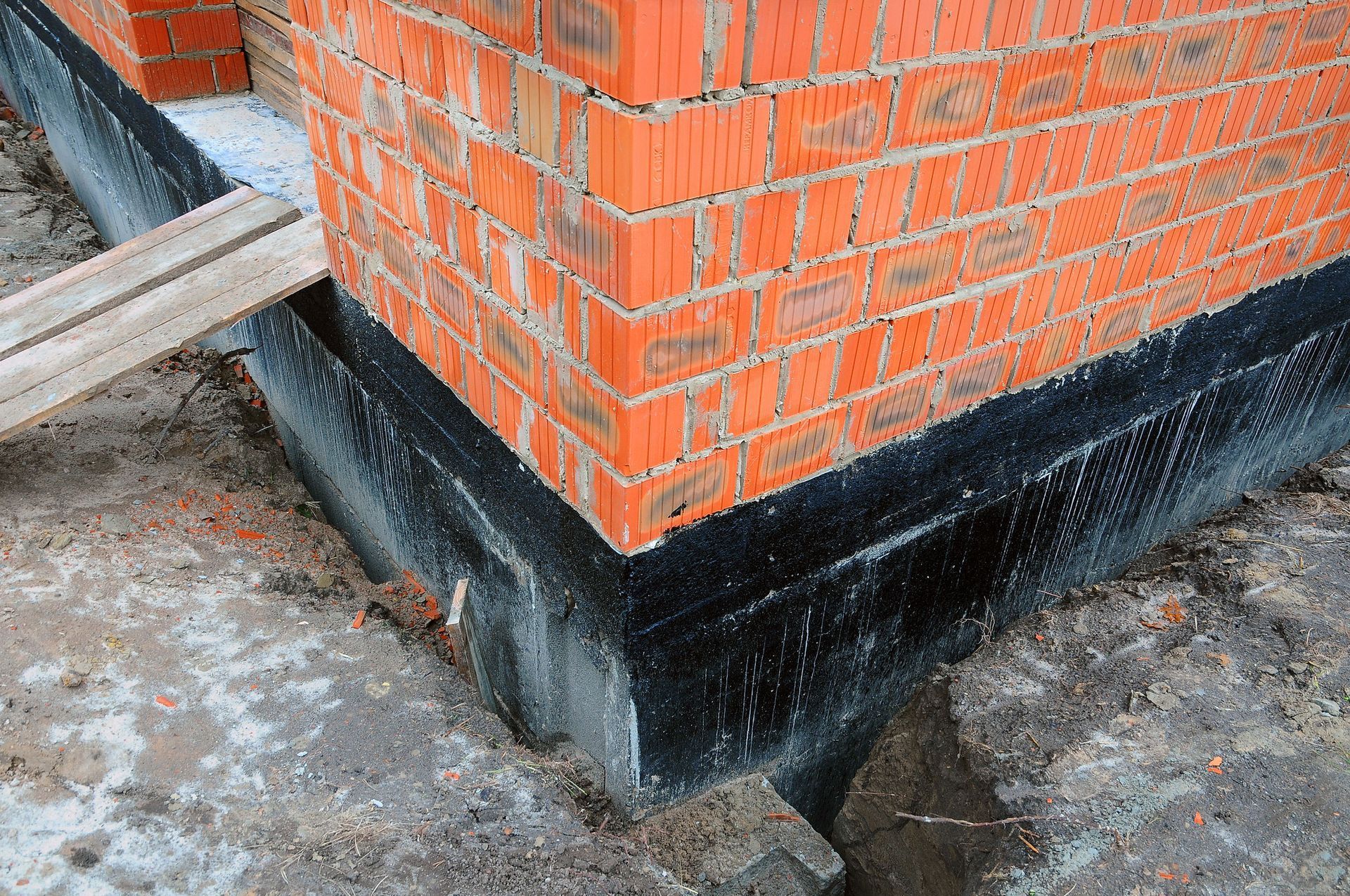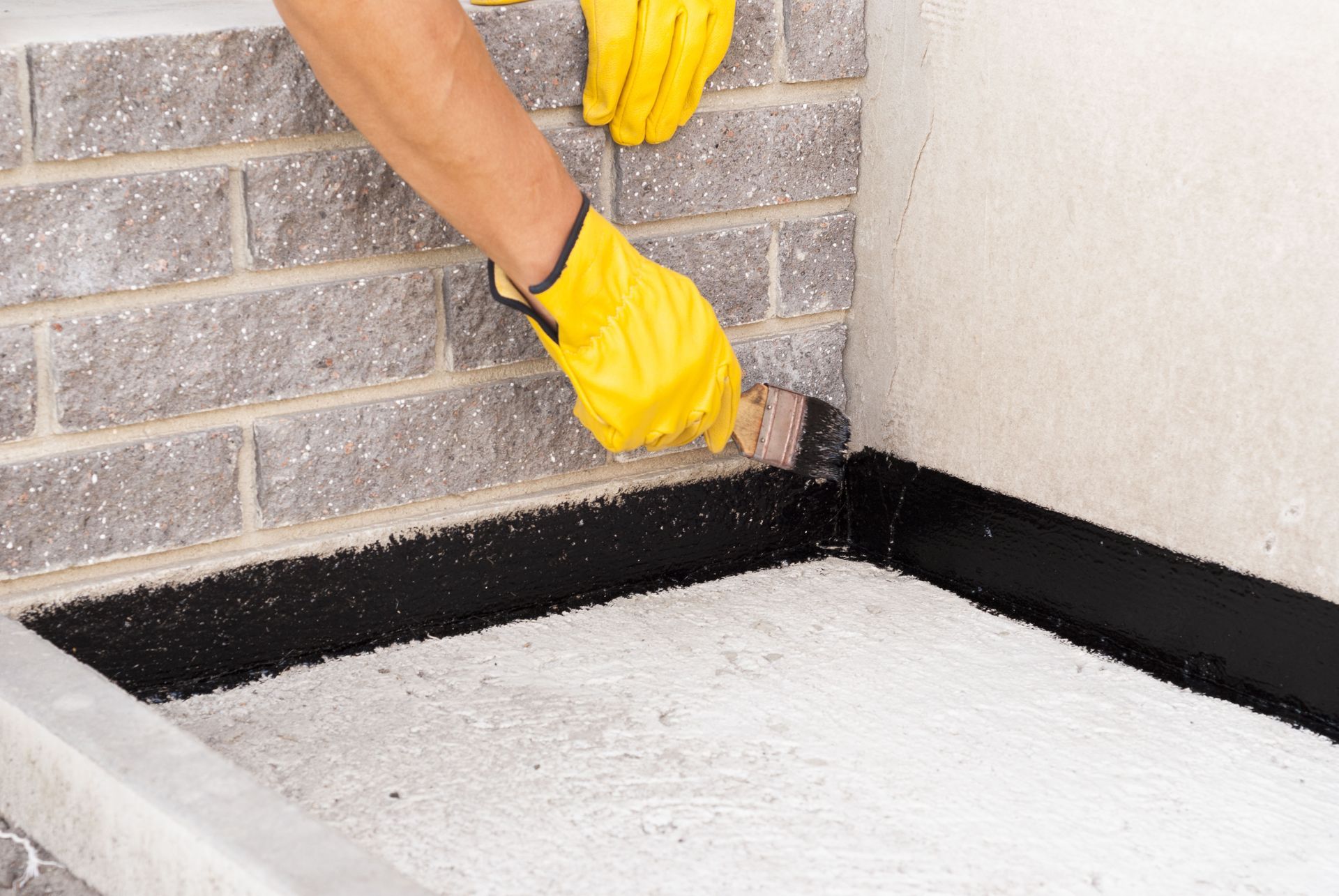How Waterproofing Your Basement Can Increase Your Home’s Value
In the realm of home improvement, basement waterproofing is often overlooked yet holds significant potential in enhancing property value. This article explores the multifaceted benefits of waterproofing your basement and how it contributes to your home's overall market appeal. Homeowners who invest in basement waterproofing not only protect their homes from damage but also enhance their living space. The assurance of a dry, usable basement translates to increased property valuation. Let's delve into understanding the significance of basement waterproofing for homeowners.
The Impact of Water Damage on Property Value
Water damage can cause substantial deterioration to homes if not addressed promptly. It often starts with small leaks or moisture penetration that go unnoticed until they manifest in major issues. Water can compromise the foundation of a building, causing structural weaknesses over time. Recognizing the early signs of water damage, like discoloration, bubbling paint, and the presence of musty odors, is crucial for timely action. Unchecked, these minor problems can escalate into serious damage, necessitating costly repairs and diminishing home value.
Basement water issues commonly arise due to inadequate drainage and poor waterproofing. Faulty gutters, ineffective drainage systems, and cracked foundations allow rainwater and groundwater to infiltrate. Hydrostatic pressure can also push water through unprotected concrete walls. Soil saturation around the foundation often leads to leaks and floods, particularly during heavy rainfall or snowmelt. Implementing preventative measures such as drain tiles, sump pumps, and quality waterproofing can mitigate these risks.
The financial implications of water damage reach far beyond immediate repair costs. Water damage can decrease your property's market value, complicating future sales or refinancing efforts. Buyers are often wary of properties with a history of water issues, viewing them as high-risk investments. Insurance premiums may increase, and some problems may even be excluded from coverage. According to our professionals, failure to address water damage promptly can result in repair costs escalating exponentially over time.
Key Benefits of Basement Waterproofing
Basement waterproofing significantly enhances a building's structural integrity. By preventing moisture intrusion, you safeguard the foundation from gradual erosion and weakening. Dry basements eliminate concerns about hydrostatic pressure, which can crack walls and floors over time. With robust structural integrity, homes better withstand environmental stressors, reducing the need for repairs. Overall, a well-maintained foundation boosts confidence in the property's durability and longevity.
Waterproofing a basement effectively prevents the growth of mold and mildew. These fungi thrive in damp environments and pose serious health risks, including respiratory issues and allergic reactions. A consistently dry basement denies mold the moisture it needs to flourish. Regular maintenance, including reapplication of waterproof paint every 5-10 years according to This Old House, ensures ongoing protection. A mold-free home also promotes a healthier living environment, increasing its attractiveness to potential buyers.
Waterproofing enhances a home's energy efficiency by reducing dampness and associated heat loss. Moisture in the basement can increase humidity levels, putting extra strain on heating and cooling systems. By keeping the basement dry, insulation performs more effectively, maintaining desired temperatures. Energy costs decrease as systems operate efficiently, benefiting both the wallet and the environment. Improved energy efficiency contributes to the overall value proposition of the home, appealing to eco-conscious consumers.
How Waterproofing Contributes to Home Aesthetics
Waterproofing enhances interior design options by ensuring a dry, versatile space free of limitations imposed by moisture. Creative design concepts like open-plan layouts and integrated furnishings become feasible without the risk of water-related damage. With moisture out of the picture, designers can explore a myriad of materials and finishes that would otherwise be impractical in a wet environment. This flexibility empowers homeowners to personalize their basements to reflect individual style and functionality. Consequently, a waterproofed basement becomes a blank canvas ripe with possibilities.
Waterproofing allows for the seamless integration of existing architectural features into new designs. By maintaining consistent humidity levels, original woodwork and metal components are preserved and protected. This preservation ensures these features continue to add value and interest to the home's overall aesthetic. Harmonizing old and new elements also boosts design cohesion, which is appealing to potential buyers. In this manner, waterproofing sustains and enhances the home's original charm and character.
A dry basement offers new lighting and ventilation opportunities that elevate its livability. Moisture-free environments facilitate the installation of advanced lighting systems without worry of electrical hazards. Improved air quality resulting from proper waterproofing also supports superior ventilation choices. Enhanced lighting and air flow create inviting spaces for relaxation, work, or entertainment. Ultimately, these upgrades improve the day-to-day experience within the home.
The Role of Waterproofing in Home Inspections
Waterproofing bolsters a home's standing during real estate inspections. Inspectors assess the basement's water-tightness as a criterion for property valuation. A certified waterproof basement signifies diligent upkeep and attention to detail, improving inspection outcomes. These positive evaluations are crucial during selling processes, as they influence buyer decisions. Ultimately, waterproofing strengthens property appraisal, facilitating smoother transaction pathways.
Basements plagued by water problems frequently encounter pitfalls during inspections, compromising sale prospects. Unaddressed symptoms like damp stains, mold, or efflorescence raise red flags for inspectors and prospective buyers. Additionally, property assessments may reveal foundation instability linked to chronic moisture, further deterring interest. These alarm bells translate to backed-out offers or necessary concessions, impacting sale success. Avoiding such pitfalls underscores the importance of proactive waterproofing measures.
A home with an effectively waterproofed basement offers buyers peace of mind, reducing purchase hesitancy. Assurance against flooding, moisture damage, and subsequent repairs makes the property more appealing. Buyers appreciate the foresight demonstrated by installed measures that prevent potential future issues. This confidence can accelerate the sale process, attract higher offers, and enhance buyer satisfaction post-purchase. Therefore, investing in waterproofing translates to higher buyer trust and elevated seller success.
Financial Return on Investment From Waterproofing
Calculating the financial return on investment (ROI) from waterproofing projects involves a careful analysis of costs versus home value increases. Initial expenses include materials, contractor fees, and potential necessary repairs pre-waterproofing. However, these investments typically yield substantial returns by preventing costly damages and enhancing property appeal. In many cases, homeowners realize significant ROI during resale, bolstered by waterproofing's contribution to measurable value. Strategic waterproofing investments frequently elevate a property's market standing, justifying expenditures.
Case studies provide tangible evidence of waterproofing's impact on property value. Homes with certified waterproofing often see considerable bumps in valuation compared to those without. Examples abound, from modest urban residences to expansive suburban homes benefitting from moisture-free basements. Data consistently points to increased buyer interest and higher final sale prices for waterproofed properties. These successes underscore the financial wisdom of prioritizing basement protection efforts for concerned homeowners.
Waterproofing boosts resale value across diverse housing markets, tailoring relevance to specific geographical needs. In climates prone to heavy precipitation, it becomes a critical selling feature. Conversely, in drier regions, it communicates proactive maintenance, appealing to fastidious buyers. Across markets, the assurance of a secure basement translates to increased buyer interest and property competitiveness. As market conditions fluctuate, waterproofing anchors property value, contributing consistent, appealing advantages.
Waterproofing your basement plays a crucial role in increasing your home's value by preventing damage, promoting health, and enhancing livability. As explored throughout this article, investing in effective waterproofing strategies not only safeguards your property but also positions it competitively in the real estate market. By prioritizing waterproofing, homeowners protect their most valuable asset and secure significant advantages. Contact Tennyson Construction Wet Basement Specialist today for more information.

